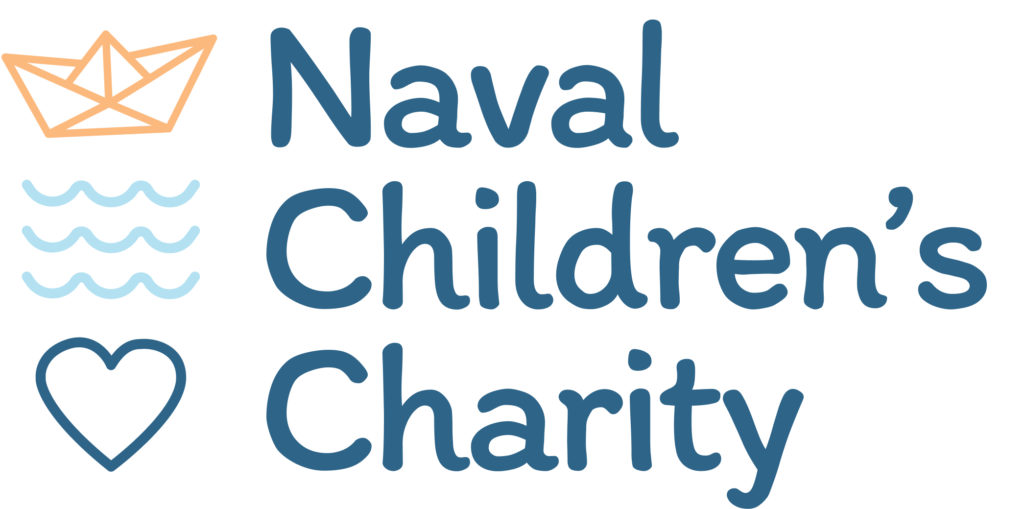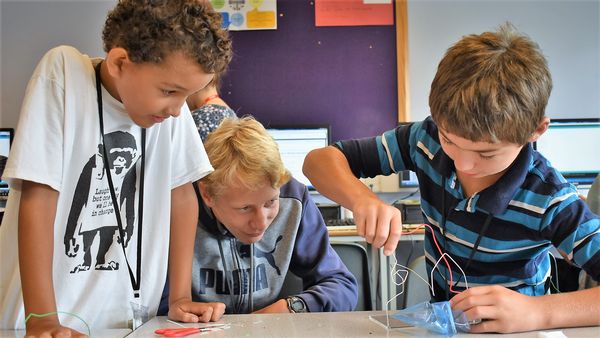Following from our research into the stressors on the modern Military family, we commissioned the VFI to look into how Naval families are using social media to connect during deployment
The way we communicate has changed. Social media, video calls and instant messaging channels are now the norm. Young people have grown up in this environment, and are native to these different platforms.
How has the change in the way we communicate affected serving families, particularly when parents are on deployment?
During the process of researching ‘Impact of Service Life on the Military Child: The Overlooked Casualties of Conflict Update and Review Report’, our partners at the Veterans and Families Institute for Military Social Research (VFI), found this topic was under-researched.
We therefore commissioned the VFI to publish: ‘Dropping in and out: Social media and internet-based communication amongst Naval families during separation’. In compiling the report, the co-authors spoke to 25 Naval children, and 21 serving parents or spouses directly about their use of digital communications.
We held a launch event for the report in association with the VFI. Here are some of the key takeaways from the event.
Even as channels change, some realities can’t
The event was kicked off by a message by the Vice Admiral Second Sea Lord Martin Connell. He praised the resilience shown by Naval families, and pointed out that while new methods of communications have made things easier, the reality of deployment still made things difficult.
“There has been a proliferation of various means of communication and communication channels in recent years. But of course, welcome as these are, none of them can replace a family member’s physical presence. The nature of communications from warships and submarines has been and still is limited by security considerations, bandwidth constraints and satellite connectivity, particularly in this era of data hungry systems.
“There is the cultural reality. We’re constantly trying to manage expectations. ‘You may not hear from me for some time’, or ‘I’m afraid I can’t tell you what I’m doing’, are phrases all Naval families are familiar with.”
Immediacy of contact
One of the overwhelming benefits for the majority of respondents however was the immediacy of internet-based communications.
Traditional methods of contact such as an audio-only phone call or writing emails and letters required a large chunk of time or pre-planning. Instant messaging and video calls gives families much quicker access to one another. Both parents and children enjoyed feeling more involved in the day-to-day of each others’ lives.
Emotional impact
However, there were some reported drawbacks. The immediacy and regularity of contact creates unrealistic expectations. As we said above, connectivity on deployment isn’t always reliable. When children expect instant communications, losing contact can lead to uncomfortable emotions.
“The young people spoke about a lack of contact with their serving parent,” said Dr. Joanne Bowser-Angermann, one of the principal authors of the report.
“If the serving parent didn’t reply promptly, where young people spoke about how this could lead them to being quite anxious and upset because they’re very used to having that immediate response. And if they didn’t get that from their serving parents, it could cause quite severe anxiety.”
Next steps
Our panel discussed some of the possible results of the report. One practical idea that was recommended in the report, was a recording booth to be placed on vessels, giving personnel the opportunity to send a video message home that was reliant on internet connections.
Andrew Malcolm, Senior Education Officer with the Armed Forces Families and Safeguarding team at the Ministry of Defence, suggested a report exploring how schools can support military children in their interactions with their peers on social media, while our trustee Ellen Riis-White called for building networks through which young people can interact with their peers.
“Military children actually want to have an alumni network or military children network where they have their peers that they can speak to. And actually, we can then link them up, if there’s not many military children in their schools, it’s a great way to connect them.
“It’s what I would have wanted when I was younger, but it’s great to see that those children are reaching out and looking for that.”
You can read ‘Dropping in and out: Social media and internet-based communication amongst Naval families during separation’ in full now.




